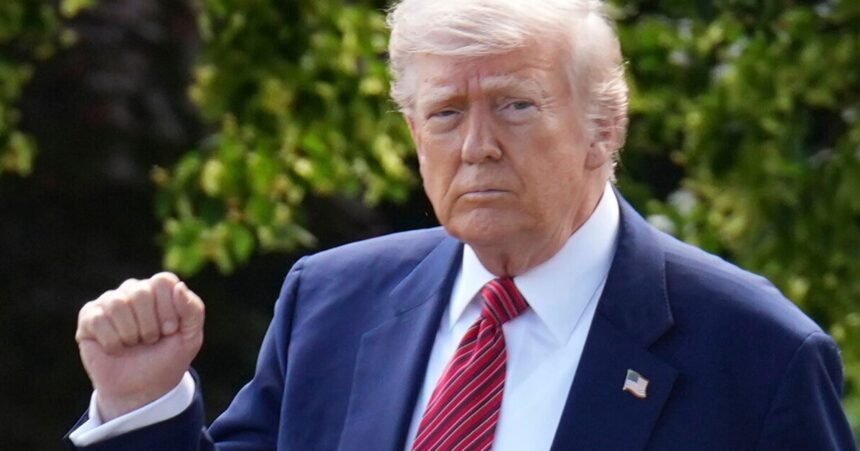President Donald Trump announced on Monday that he has granted a pardon to former Culpeper County Sheriff Scott Jenkins. Jenkins, who was sentenced to 10 years in prison after being convicted on federal bribery charges for deputizing businessmen in exchange for cash payments, has been at the center of a high-profile case.
In a post on his social media platform Truth Social, Trump expressed his support for Jenkins, stating that he and his family have been unfairly targeted by the Biden Department of Justice. Trump referred to Jenkins as a “wonderful person” who was persecuted by the “Radical Left monsters” and vowed that he would not have to spend a single day in jail.
Jenkins, 53, was found guilty of fraud and bribery charges in March and has been fighting to appeal his conviction. Trump’s decision to pardon Jenkins is in line with his past actions of pardoning loyal supporters. In April, Trump pardoned Nevada Republican Michele Fiore, who was facing federal charges for misusing funds meant for a memorial statue.
This latest pardon adds to Trump’s track record of controversial pardons, including his pardon of Ross Ulbricht, the founder of Silk Road, an underground website for selling drugs. Trump has also taken steps to pardon or dismiss the cases of over 1,500 individuals charged in connection with the January 6, 2021, U.S. Capitol riot.
Jenkins’ case has been a point of contention, with the former sheriff maintaining his innocence and claiming that the cash payments he received were unrelated to the badges he handed out. However, prosecutors argued that Jenkins abused his authority for personal gain and violated his oath of office.
Despite the ongoing legal battle, Trump’s decision to pardon Jenkins has sparked debate and raised questions about the extent of presidential pardon power. The case serves as a reminder of the complexities and controversies surrounding the justice system and the role of political influence in legal proceedings.







